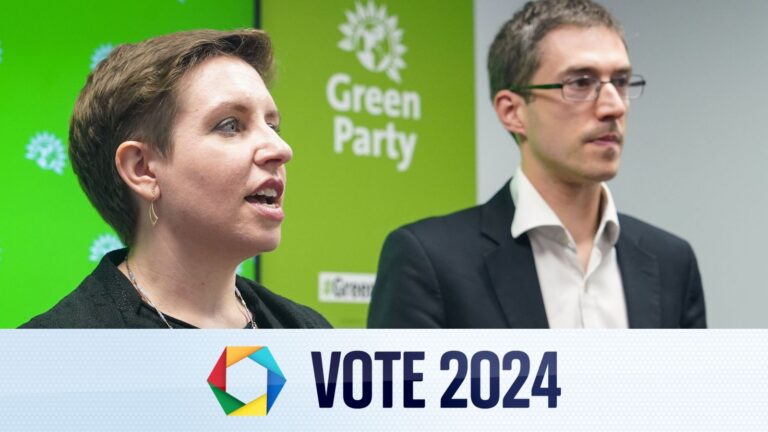The Conservative Party published its manifesto yesterday which included plans for £17 billion in tax cuts.
One of the main ways Chancellor Rishi Sunak will fund the tax cuts will be by cutting welfare spending by £12 billion, as well as cracking down on tax evasion and avoidance and making cuts to the civil service.
Paul Johnson, director of the Institute for Fiscal Studies, said while tax cuts were possible, it was highly uncertain whether they would be offset by cuts to welfare and civil service spending.
Asked about Johnson’s “scepticism”, Defence Secretary Grant Shapps argued that cutting welfare would be “not particularly difficult” because the welfare budget has been “bloated post-Covid” and investment in getting people back to work would reduce spending.
He also said the Conservatives had so far managed to crack down on tax avoiders worth £6.4bn a year and would be able to manage the planned £6bn increase.
Senior ministers also insisted the Conservatives were “working to lower people’s taxes” and said their plans would “reduce the overall tax burden” by 2030.
This is Skye Economics and Data Editor Ed Conway The assessment is that tax burdens will continue to rise under the Conservative plan.
Mr Shapps also defended his party’s record on tax, saying last year’s increases in personal tax allowances and cuts to national insurance contributions meant “the average earner in this country is paying less tax”.

